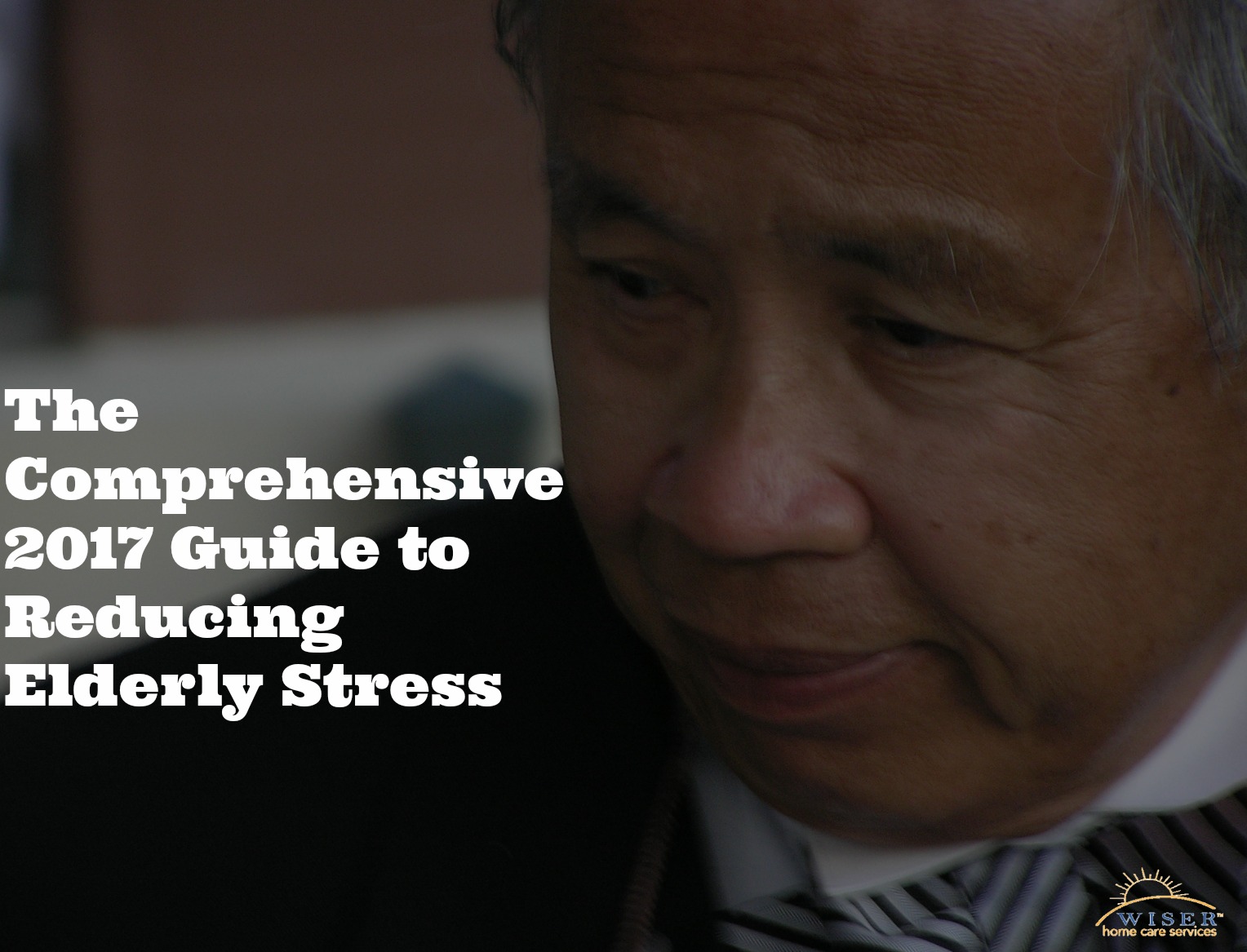Ben Franklin put it best when he said, “In this world nothing can be said to be certain, except death and taxes.” Fortunately, we can all say we made it through another year of taxes. However, we certainly took our hits from tax season, especially in the form of stress.
Many experts claim the holidays is when stress peaks for most of us, but we believe tax season comes in a close second. In fact, tax season has become so synonymous with stress that the Health Resource Network officially declared the month of April to be National Stress Awareness Month.
This year marks the 25th annual 30-day Stress Awareness campaign in which health professionals across the country team together to educate people nationwide on “the dangers of, proven strategies for managing, and widespread misconceptions about stress.”
Stress by the Numbers
Before we discuss these proven strategies for managing stress, let’s look at some of the numbers regarding its prevalence. According to statistics cited on statisticbrain.com, 77% of Americans regularly experience physical symptoms of stress, while 73% regularly experience psychological symptoms.
Furthermore, stress is the basic cause of 60% percent of illness, and 3 out of 4 doctor’s visits are due to related symptoms. It also increases their risk of a heart attack by 25%, heart disease by 40% and a stroke by 50%.
Understanding what causes stress and how it will affect your elderly loved one are the first two things you need to know to successfully help your loved one minimize it in their life.
What Causes Elderly Loved Ones to Experience Stress?
People who suffer from stress often cite job pressure, health, money and relationships as the main causes. For our elderly loved ones, research has shown that the following are leading stressors:
- Weakening family bond or relationship
- Financial insecurity
- Poor health and nutrition
- Lack of rest
- Social environment
How Will Stress Affect Your Elderly Loved One?
Although stress affects us all differently there are some specific trends appearing in how it affects our elderly loved ones. Some of these commonly seen effects of stress on elderly are:
- Damage to brain cells which increases risk of depression
- Moodiness
- Fatigue
- Reduced immune-system strength
- Increased consumption of alcohol
- Loss of memory or concentration
Now that you understand the potential causes, let’s discuss 5 great ways to help your elderly loved one minimize stress in their life.
-
Find short term solutions-
Senior stress is caused by all the looming changes they are experiencing. Have your elder write down their worries and take a little time each day to figure out a short-term solution. It doesn’t matter how many steps it takes to get to there, as long as you get there.
-
Turn off the TV and pick up a book-
Increased media time, especially news channels, is linked to increased stress and trouble sleeping. Encourage your elderly loved one to spend time reading a positive book or poem rather than watching tv. Chicken Soup for the Soul is a great pick-me-up series.
-
Meditate and Practice Breathing-
Learning how to calm oneself through meditation and slow, deep breathing is proven to be a great way to reduce stress. Set aside time each morning for your senior to sit, close their eyes, and meditate on positive phrases. Having them say the phrases aloud and repeat them is another great way to instill stress-reducing habits.
-
Spend time with a Pet-
There’s just something special about playing with, petting or snuggling an animal. It is cathartic and stress relieving. In fact, many communities have visiting pet programs to provide companionship for elderly loved ones.
-
Get outside and be active-
Not only will being active increase the overall health of your elderly loved one. The endorphins released during exercise are known to help increase happiness and decrease stress.
As always, If you care for an elderly loved one and would like help developing a care plan please feel free to contact us. We can help your family establish a care plan to personally accommodate your loved one’s needs.


One thought on “The Comprehensive 2017 Guide to Reducing Elderly Stress”